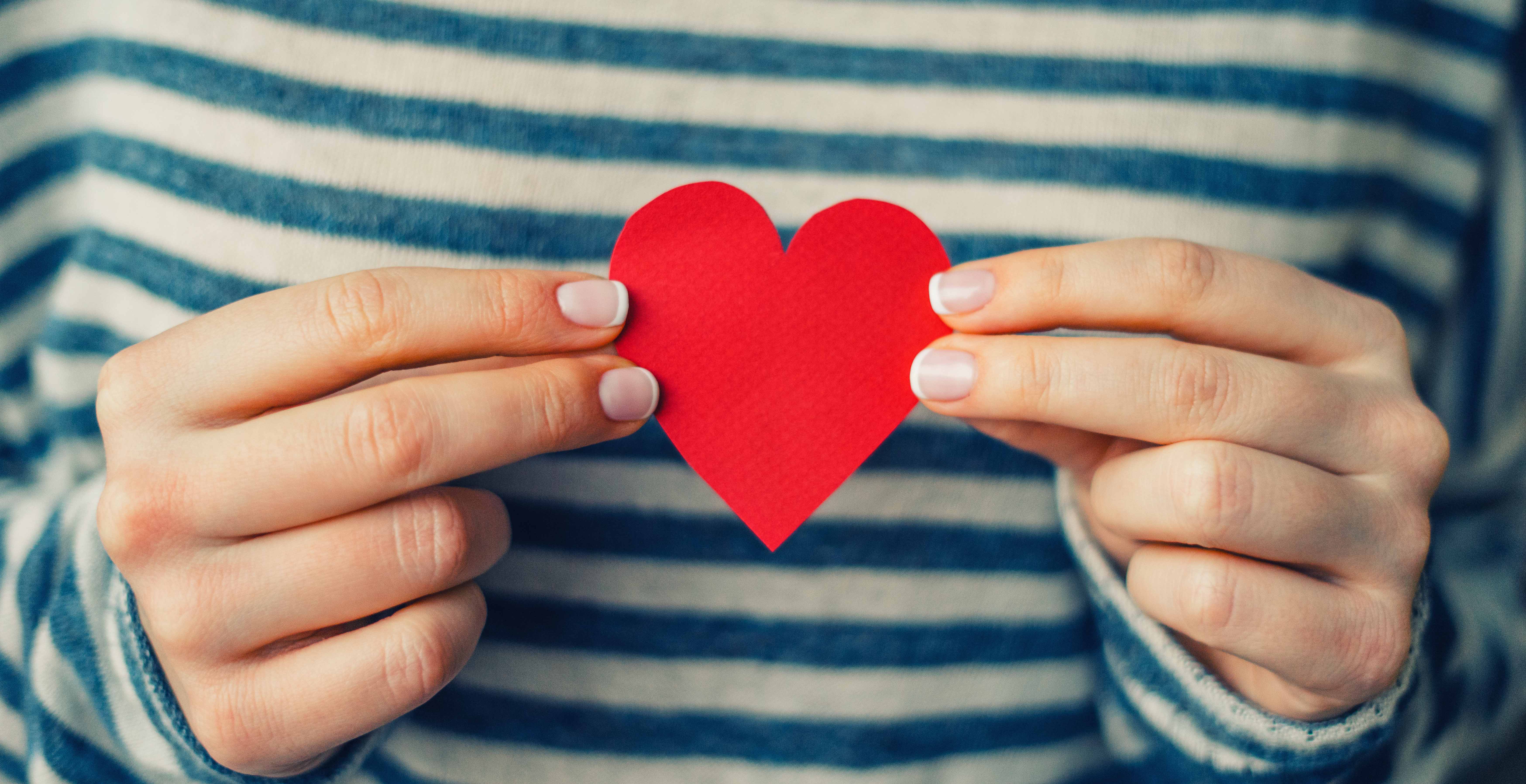Show Your Heart Some TLC


If you’re overweight, over 40 and don’t have many risk factors for heart disease, consider yourself lucky. Heart disease is the number two cause of death in Canada, a stat ever more startling when you consider that up to 80 percent of premature heart disease is preventable. One of the most effective ways to reduce risk is to maintain a healthy body weight. Other proven heart helpers include exercising, eating a healthy diet, maintaining normal blood pressure and cholesterol levels and of course, not smoking. But we’ve found three more easy ways to protect your heart right now.
Help your heart when you sleep
Blaring horns and sirens aren’t just annoying; they may hurt your heart even while you’re asleep. In a preliminary study presented at the American Thoracic Society International Conference, people who lived near a noisy highway were more likely to develop aortic calcification, a precursor to atherosclerosis (or hardening and narrowing of the arteries). “Nightly noise can take a toll on the body’s stress system, which is closely linked with heart function and may register noise as a threat,” explains Michael A. Grandner, PhD, a sleep researcher at the University of Pennsylvania in Philadelphia. This is particularly troublesome for adults over 40, who tend to have a harder time falling and staying asleep—and may be more sensitive to disruptions.
While you likely won’t move from your noisy neighborhood, you can minimize the damage. Purchase a fan or a white-noise machine. Also consider hanging heavy drapes and laying down area rugs or wall-to-wall carpet to help absorb sound, or wear soft earplugs to bed.
Help your heart when you drink
Long marketed to teens, energy drinks are now catching on with adults. Empty calories aside, this trend could prove problematic for heart health. In a preliminary review presented at a scientific meeting of the American Heart Association (AHA), energy drinks were found to significantly raise blood pressure—a red flag for those well past their 20s. “As we get older, the body’s ability to compensate for changes in blood pressure weakens, making us more prone to heart issues,” says Sachin A. Shah, PharmD, one of the study’s lead authors. Another downside to energy drinks: They may prolong the time it takes for electrical impulses to travel through the lower chambers of the heart, which can lead to life-threatening arrhythmias. Experts aren’t sure if the offending ingredient is caffeine, other stimulants like taurine or a combo of these. To be safe, only buy energy drinks that disclose caffeine content; generally, they vary between 142 and 260 mg per 473 ml drink.
Help your heart when you eat
You may have heard all the benefits of eating a diet rich in fish, but here’s another reason why seafood is a great meal choice: In a recent Harvard University study, people with the highest blood levels of omega-3 fatty acids were 35 percent less likely to die of cardiovascular disease, versus those with the lowest omega-3 levels. In fact, subjects in the high-omega-3 group lived 2.2 years longer. Hit the healthy target by eating two 1/4 lb servings of oily fish, which is rich in omega-3s, weekly. Try wild Alaskan salmon, freshwater coho salmon (U.S. farmed), wild Pacific sardines and Atlantic mackerel—these varieties are all sustainably harvested and low in toxic mercury, according to Seafood Watch, a nonprofit program that’s run by the Monterey Bay Aquarium in California. Of course, fish prep is important: Stick with baking and broiling, since research shows frying fish can diminish heart-helping properties.
